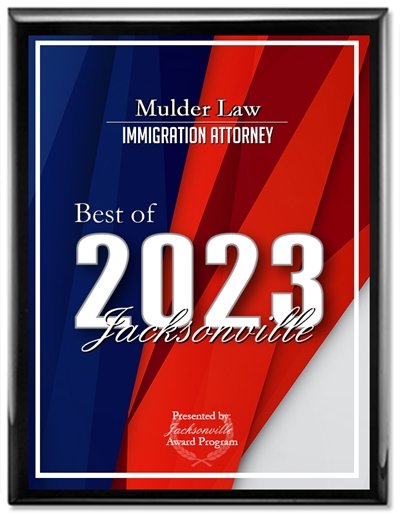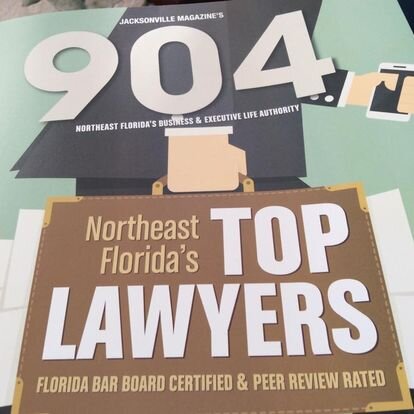
212(h) WAIVER | Orlando
Orlando Immigration Court: 3535 Lawton Road, Suite 200, Orlando, Florida 32803
OVERVIEW
What is a 212(h) Waiver?
Do I Qualify to File a Waiver Request?
A Successful Waiver
Why Team with Mulder Law

What is a 212(h) Waiver:
A person who is not a United States citizen may be placed in removal proceedings if convicted of a crime. The 212(h) waiver is - if granted - not a forgiveness for the conviction. A 212(h) waiver is forgiveness of the consequence that is removal from the United States.
The Immigration Judge (IJ) has limited discretion whether to grant you a waiver. The IJ may grant your application for a 212(h) waiver when you have been convicted of the following crimes:
A Crime Involving Moral Turpitude (CIMT),
A Single Offense of Possession of Marijuana Less Than 30 Grams,
Multiple Criminal Convictions,
Prostitution and Commercialized Vice
A 212(h) waiver that is granted is granted permanently ONLY for the conviction stated in the waiver application. the criminal conviction can not be used as a basis to deny the applicant any immigration benefit in the future.
Convictions that are not listed in the applicant’s waiver request are not covered by the waiver.
An applicant is only entitled to the 212(h) waiver once. The applicant may be entitled to other forms of relief but not multiple 212(h) waivers.
Do I Qualify to File a Waiver Request:
The 212(h) Waiver is not a stand alone form of relief. You must qualify to remain in the United States as an LPR, a non immigrant, cancellation of removal, asylum or withholding of removal.
Provided that you have a basis for remaining in the United States, you will qualify for a waiver if
I. The criminal activity was more than 15 years before your application for entry, and
Your admission is not contrary to national welfare, safety, or security, and
You can provide documentation to and testimony to show that you have been rehabilitated.
II. You have an immediate relative living in the United States who is a Lawful Permanent Resident or a United States citizen AND your qualifying relative will suffer extreme hardship if you are removed from the United States
A qualifying relative is your spouse, parent, child (under 21 years of age and not married) or a parent
III. VAWA applicants: If you have an approved VAWA petition you are eligible to file to adjust status and therefore a basis to remain in the United States.
A VAWA applicant who does not have a qualifying relative and the conviction took place less than 15 years ago, may qualify for a 212(h) waiver if s/he can show that the basis for the VAWA is related to the conviction.
A Successful Waiver:
You may qualify to file for a waiver. The question is, will the waiver be granted?
Most waiver requests involve a situation where the IJ has discretion to decide whether a qualifying relative will suffer extreme hardship if the waiver is not granted.
In the INA, there is no definition for extreme hardship. Extreme hardship (EH) has been defined by case law. EH is more than normal hardship. Health issues, learning disabilities, financial issues, hardship of a non qualifying relative that effects the qualifying relative, separation, education. employment…
There may not be a single hardship that meets the standard of extreme hardship. However, a combination of a number of hardships may result in extreme hardship.
The extreme hardship may be established if the qualifying relative is to remain in the USA or depart the USA with the applicant.

Why Team with Mulder Law
-

Knowledge
-

Success
-
Practical Experience








